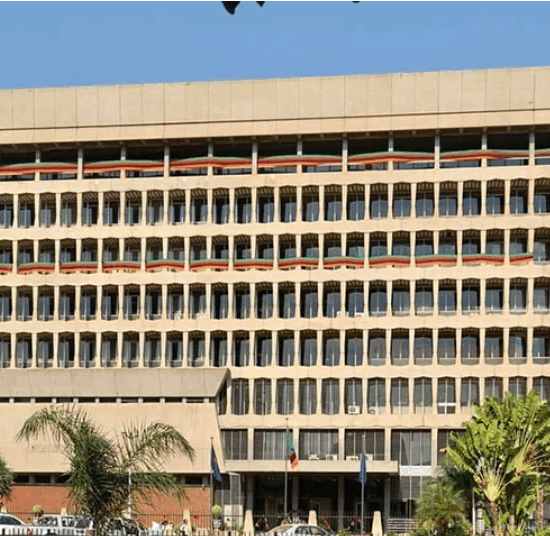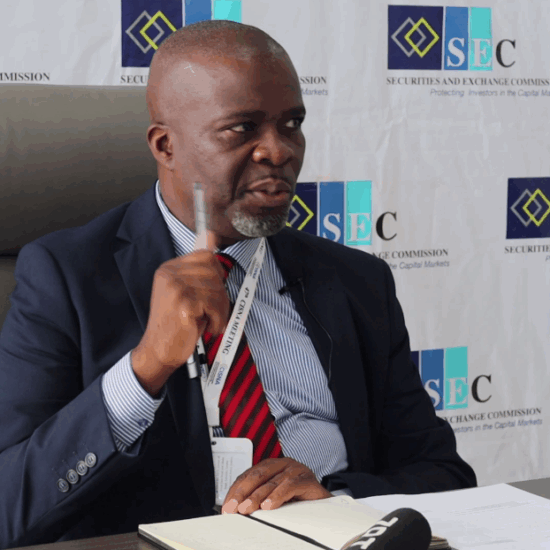
In its quest to continue providing a formidable platform for public discourse, BDO Zambia held a high-level 2025 National Budget Analysis where key economic players among them businesses, institutions, and government officials came together to analyze the K217 billion budget.
Speaking at the event attended by the Zambian Business Times (ZBT), BDO Zambia Director of Tax Advisory Services Katrina Mabika said the event was in cognizant of exploring the financial strategies and economic policies that were mentioned in the budget by the Minister of Finance Dr. Situmbeko Musokotwane.
“We extend a special welcome to our colleagues from the Zambia Revenue Authority (ZRA) and the Ministry of Finance and National Planning, your presence emphasizes the importance of collaboration between the public and private sector, and we appreciate your commitment to fostering transparency and dialogue. The 2025 budget is designed to promote economic recovery and inclusive growth, overall the tax measures are meant to support sustainable businesses, while businesses may face higher taxes, there are opportunities in renewable energy and simplified trade, as we discuss the budget let us focus on how we can leverage information to support our businesses and communities,” she said.
Giving a budget overview at the event, BDO Associate Director Kafumu Mbewe echoed that the budget is expected to increase compliance levels and essential stability in the tax sphere in the Country.
“From the income tax side the changes remain the same and continue up to next year, and there is a proposed change of advance income tax at a rate of 15 percent this is on remittances made outside Zambia and exports that are above USD2000, this is one of the major changes has been proposed, we have noted a proposed revision of the cooperate income tax rate on profits that are realized from exports of nontraditional and value addition to copper cathodes, the Company that comes in mind is ZAMEFA their cooperate income tax has been 15 percent up to this year and by next year it will be 20 percent,” he said.
Mbewe also noted the proposed 20 percent presumptive tax increase on operators of public service vehicles, stating that the rate has been constant but the change is meant to equalize the tax with the conditions of the market “Another positive change is the provision for the ZRA Commissioner General to waive penalties that are charged on underestimation, under VAT the major change speaks to smart invoicing, in which the Government is looking at compliance, making it more transparent, and the changes are that any claim that is not issued from the smart invoicing system will not be deductible, unless there is an exemption facilitated by ZRA, this is allowing for stability and predictability in the tax policy.”
And offering an Economic overview at the event, Ceasor Cheelo Associate Executive Director for Southern African Institute for Policy and Research said the budget is giving optimism and confidence to businesses and households amidst the aftershock of the drought.
“The budget is focused on public debt management and fiscal prudence, the reopening of the mines is giving new hope to the Copperbelt, new discoveries are in the wings, and other mines are expected to be initiated, we have heard about cobalt, and in the budget, there is an allocation towards geo-mapping, so that the backbone of data is owned by the Government and can be used to negotiate licenses as well as mining licenses, social support elements such as the increase in CDF allocation, give us a birds-eye view of what the Government is thinking,” he said. During the panel discussion, ZRA Director for domestic Tax Shadreck Kachusa highlighted that the Authority had organized several engagements over the smart invoice initiative, and several stakeholders such as the financial sector called on ZRA to allow them more time to get into the system.
“There are sectors that will take a bit of time for them to integrate into the smart invoice system, and one vital thing about taxation is that it should not be a cost to the business, or take a burden that will affect the businesses drastically, so we did put in exemptions to allow everyone to come on board, and as we know we always have to expect bottlenecks, and if we make it mandatory we are allowing it to be punitive regime focused on penalties,” he said.
In his closing remarks, BDO Zambia Managing Partner Douglas Ironside observed that the budget is missing the major aspect of foreign direct investment, which is crucial to amassing substantial growth in the economy “On the smart invoicing initiative, hope ZRA does not focus on a small number of compliant clients, but there is a much larger non-compliant entity, and it is good that the smart invoicing will make it difficult for the noncompliant to operate.”







